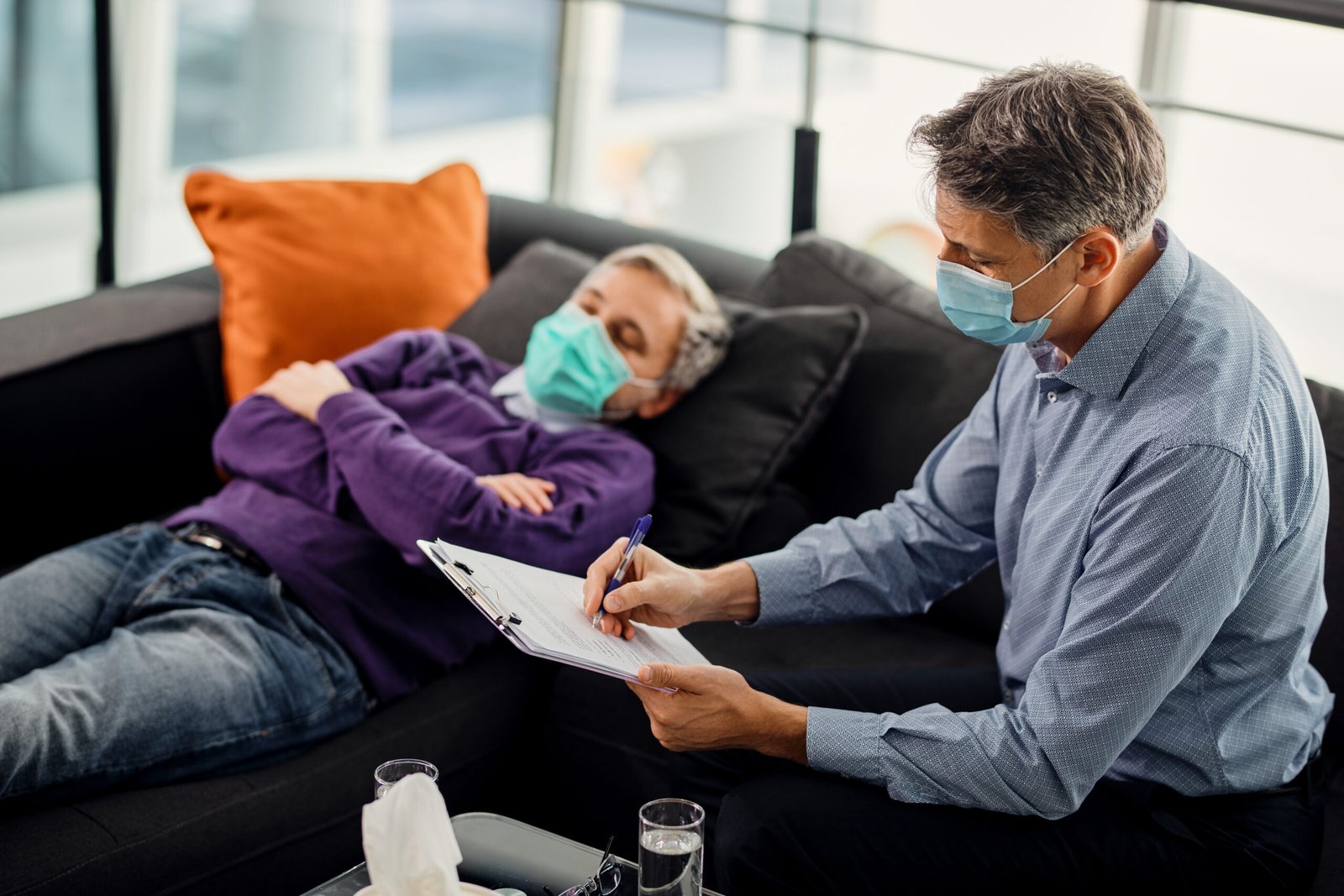Recovery looks different for everyone. While some people may need the structure and safety of residential treatment, others find that they can thrive in a more flexible environment that allows them to maintain responsibilities at work, school, or home. Intensive Outpatient Programs (IOPs) bridge the gap between inpatient care and traditional outpatient services, providing comprehensive support without requiring a full-time stay in a facility.
What Is an Intensive Outpatient Program?
An IOP is a structured treatment program designed for individuals who need more support than standard outpatient therapy but do not require 24/7 medical supervision. Typically, participants attend therapy sessions multiple times a week, focusing on relapse prevention, skill-building, and addressing the underlying causes of addiction.
IOPs often include:
- Group therapy for peer support and accountability
- Individual counseling for personalized guidance
- Family therapy to strengthen relationships and improve communication
- Educational workshops focused on coping skills, triggers, and relapse prevention
- Access to holistic practices such as mindfulness or stress management techniques
Balancing Recovery With Daily Life
One of the greatest benefits of IOPs is flexibility. Participants can continue meeting professional or academic commitments while receiving treatment. This makes IOPs an ideal choice for people who cannot step away from their daily lives but still need intensive support. The ability to practice recovery skills in real time also helps reinforce long-term sobriety.
The Power of Community in IOPs
IOPs foster a strong sense of community. Sharing experiences with peers who understand the challenges of recovery provides validation, encouragement, and hope. Group sessions build accountability and remind participants that they are not alone in their journey. For many, this peer connection becomes a cornerstone of sustained recovery.
Cost-Effective and Accessible Care
Compared to residential treatment, IOPs are often more affordable while still offering a high level of care. They also provide greater accessibility for those who may not have the resources or flexibility to commit to inpatient programs. By offering a middle ground, IOPs ensure that treatment is available to more people who need it.
Continuing Support After Residential Care
For individuals who have completed a residential program, IOPs serve as a critical step-down level of care. Transitioning back into daily life can be overwhelming, and IOPs provide ongoing structure to reduce the risk of relapse during this vulnerable period.
Choosing the Right IOP
The effectiveness of an IOP depends on its ability to provide comprehensive, evidence-based care tailored to individual needs. For those seeking options in Georgia, outpatient rehab in Atlanta, GA, offers intensive outpatient programs that combine flexibility with proven therapeutic approaches, ensuring participants receive both accountability and freedom to maintain their daily lives.
Building a Sustainable Path Forward
Intensive Outpatient Programs give individuals the tools, community, and confidence needed to sustain recovery outside of a residential setting. By balancing flexibility with structured care, IOPs help people rebuild their lives without putting them on hold. For many, they represent the ideal blend of support and independence—a stepping stone toward long-term wellness and freedom from addiction.

